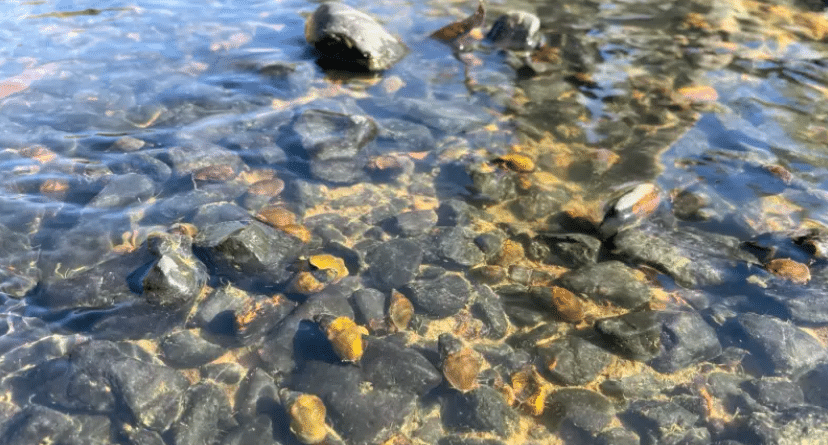A population of freshwater snails native to Mississippi previously believed to be extinct has been discovered living by a group of scientists.
A study published in Biodiversity and Conservation confirms that scientists from the Mississippi Museum of Natural Science, the U.S. Army Corps of Engineers, and the U.S. Fish and Wildlife Service teamed up to search for the Big Black rocksnail after finding a shell during a mollusk study in 2021.
In October 2022, they found a large group of the once thought to be extinct species in a privately owned and hard-to-reach part of the Big Black River in central Mississippi.
“The only way we would have been able to access such a remote site when water levels were low enough to adequately sample snails was with a private landowner granting us access to the river via their property,” Fish and Wildlife Biologist Nathan Whelan said. “Without the access, Big Black rocksnails would likely still be considered extinct.”
Biologists sent 12 snails to genetics labs at the Warm Springs Fish Technology Center in Georgia and also Auburn University to continue a study on the creatures. The results from the study showed that there had been a large group of these snails living at the newly discovered site for thousands of years.
In 1989, scientists thought that the Big Black rocksnail disappeared due to a chemical spill after not being able to find it where they thought they lived.
The new study suggested that when scientists look for these rare types of snails, they should sample as many sites as possible when conditions are conducive to finding the snails. Policies that encourage partnerships with landowners, as it helps scientists rediscover the Big Black rocksnail, are encouraged to be further pursued.








